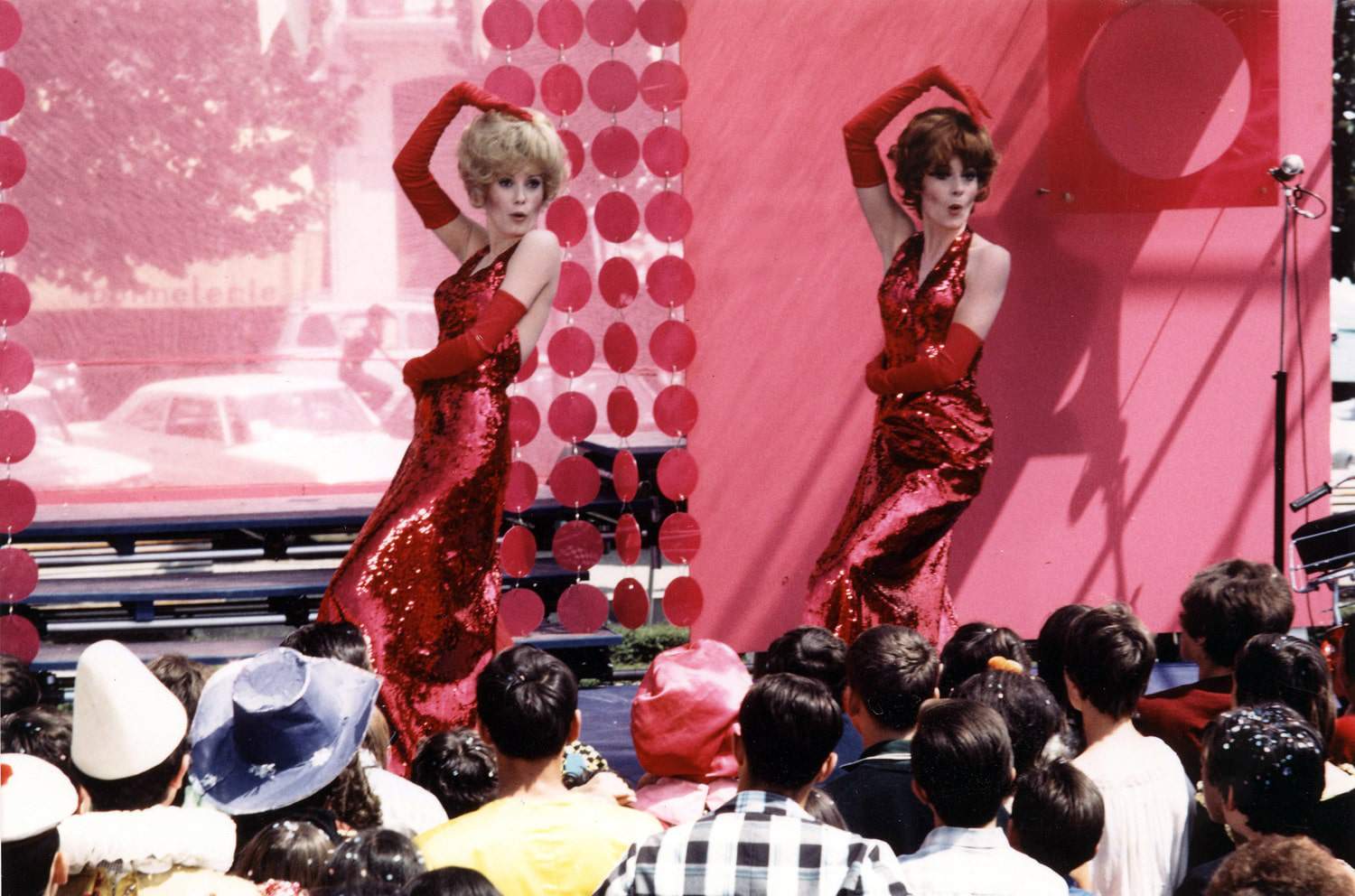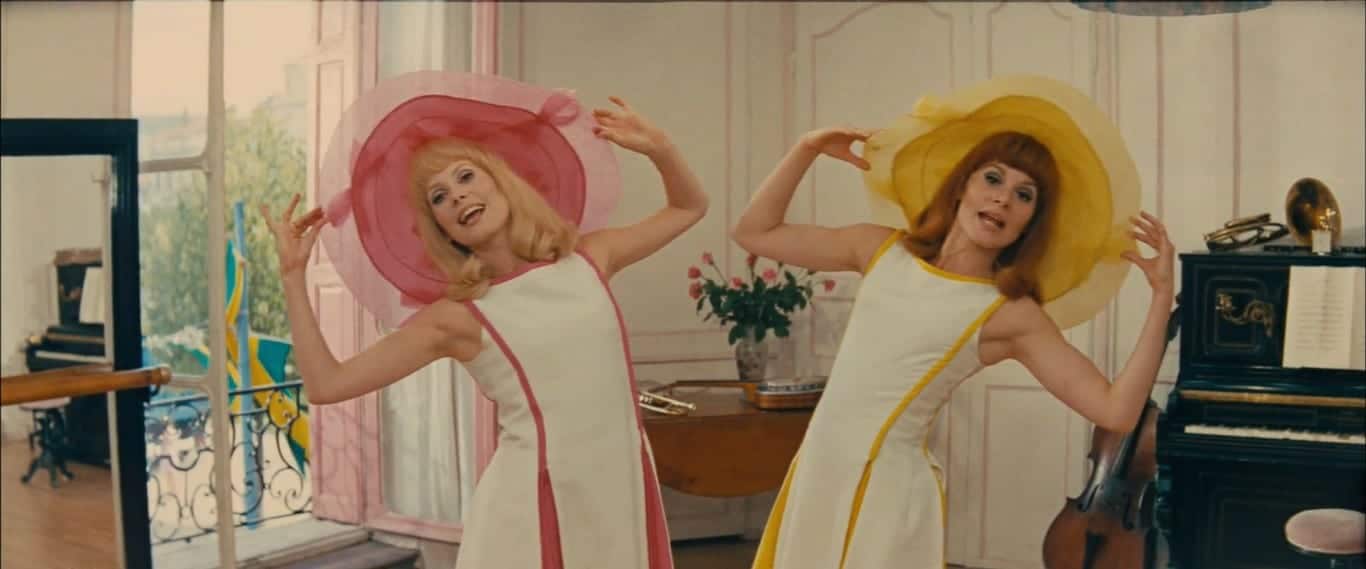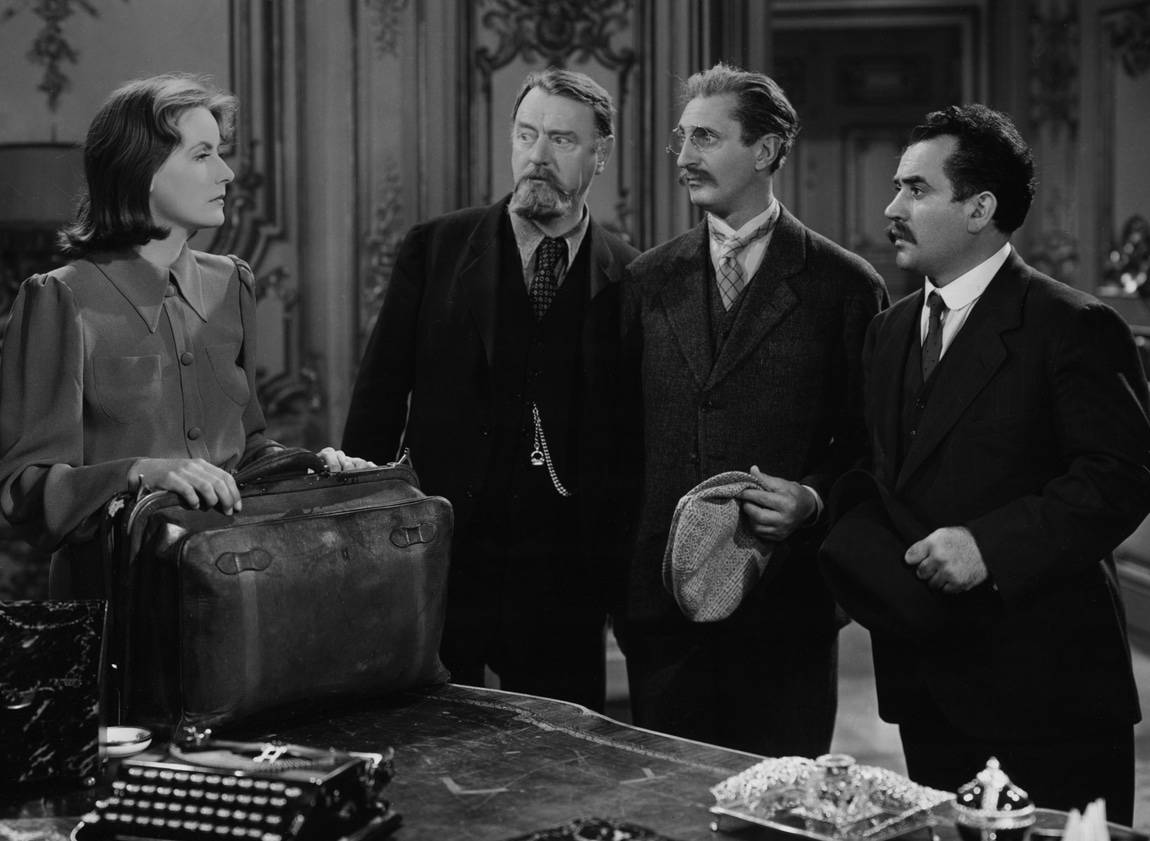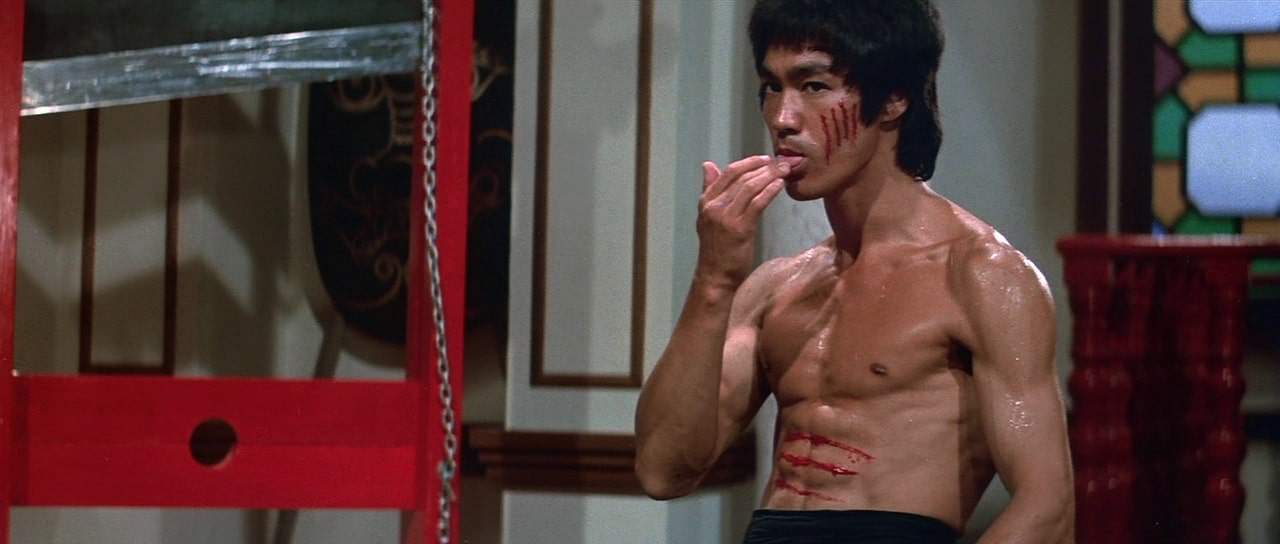
Escape from the bitter cold outside with some good old-fashioned movie magic.
A seasonal affective disorder is a specific type of depression related to the changes in the seasons. It’s most commonly associated with winter, with the short, cold days and long nights a source of annual dread for many — myself included. The high expectations and personal pressure that frequently come with the onslaught of a new year don’t help matters.
If like me, you find yourself with little motivation to get out from under your warm bed covers throughout the winter months, you may want to seek solace in cinema. After all, there’s no better excuse to curl up in front of your television with a cup of hot chocolate than to avoid the terrible winter weather.
But not just any movie will do when it comes to alleviating the winter blues. After all, I’m not going to pop Million Dollar Baby or Schindler’s List into the DVD player if my goal is to feel better, not worse. Below are some recommendations of mine that should suit a wide range of cinematic preferences while still having the same ultimately uplifting effect.
If you’re in the mood for a candy-colored musical, try The Young Girls of Rochefort (1967)

Jacques Demy’s gorgeous, often unorthodox French musicals can veer into tearful melancholy (we’re looking at you, The Umbrellas of Cherbourg) but it is impossible to feel anything other than pure joy while watching The Young Girls of Rochefort. Starring real-life siblings Catherine Deneuve and Françoise Dorléac as two bored sisters longing to find a way out of the sleepy seaside town of Rochefort, and with a supporting cast featuring the legendary Danielle Darrieux, Gene Kelly, and George Chakiris, the film is charming from start to finish.
Demy’s most beloved films are famous for their lush cinematography and colorful costumes, and The Young Girls of Rochefort is no different. Deneuve and Dorléac may want to flee Rochefort for more exciting environs, but you’ll find yourself longing to escape to this sun-drenched town, entirely populated with attractive people who are all conveniently capable of breaking into exuberant song and dance to express their emotions. The most common of those emotions? Love, whether it be the desire for a new one, the longing for one that is lost, or the bliss that comes with realizing one has finally found it.
The film isn’t without some scattered moments of bittersweet sadness, but — spoiler alert — things turn out pretty well for everyone in the end. The Young Girls of Rochefort is essentially sunshine captured on celluloid, and with many short days to come this winter, we could use some of its unabashed brightness.
See also: Donkey Skin, An American in Paris
If you’re in the mood for a classic romantic comedy, try Ninotchka (1939)

Greta Garbo became famous for portraying tragic women like Mata Hari and Anna Karenina; while her shrewd comic timing was often hinted at in these roles, it was never front and center. So, when Ninotchka, her first real comedy and the penultimate film of her short career, was released in theaters, it was famously marketed with the tagline “Garbo Laughs!” And indeed, she does, including in an absolutely delightful scene opposite Melvyn Douglas where she refuses to crack a smile at any of his corny jokes but dissolves into hysterical laughter when he tips over in a chair.
Garbo plays the titular Russian bureaucrat, an uptight woman who values the Soviet Union above all else. She is sent to Paris to round up three much less competent Russian agents and ensure that the sale of jewels confiscated during the Russian Revolution goes ahead as planned. Instead, Ninotchka finds herself swept off her sweet by the beautiful capitalist hotbed of pre-war Paris, not to mention the dashing Count Leon d’Algou (Douglas).
Directed by classic comedy mastermind Ernst Lubitsch from a script co-written by Billy Wilder, it is impossible not to smile during Ninotchka. Its light-hearted satire of Soviet values and swoon-worthy romance are wonderful palate cleansers for modern movie audiences who may be bogged down in cynicism. Garbo excels in the title role, charming even when she is sniffing disdainfully at the Western world. And as she begins to abandon her stern Soviet persona, she is outfitted in a series of gorgeous gowns by the legendary Adrian, which alone should be enough to make you forget that winter can sometimes feel as grey and gloomy as Stalin’s Russia.
See also: Bringing Up Baby, It Happened One Night
If you’re in the mood for some righteous ass-kicking, try Enter the Dragon (1973)

If you’re a fan of action-adventure movies, it doesn’t get any better than Enter the Dragon. The final film starring martial arts master Bruce Lee before his death at age 32 is packed with epically enough choreographed fight scenes to please any action enthusiast. It also takes place on a beautiful island and happens to be absolutely hilarious — two things guaranteed to boost you out of your winter blues.
Lee plays a celebrated Shaolin martial artist who is recruited by a British secret agent to enter an elite fight competition being held on the private island of a crime lord so that he can help gather evidence that said crime lord is trafficking in drugs, prostitution, and all kinds of other unsavory things that the proper and upright Lee just cannot abide. When Lee finds out that the man who killed his beloved sister is also on the island, he books it to the competition.
Fellow fighters played by John Saxon and Jim Kelly are tempted by the various vices the island has to offer, including a plethora of beautiful women. But Lee refuses to be distracted from his mission by any of this nonsense. His character has a true heart of gold, making him wonderfully refreshing when compared with the endless parade of troubled antiheroes currently populating action movies. It should go without saying that it is a treat to watch him fight; his scenes elevate violence to an art form. The film’s electrifying soundtrack, courtesy of celebrated Argentine jazz composer Lalo Schifrin, only adds to the film’s energy.
See also: Death Proof, Hot Fuzz
If you’re in the mood for something cute, try Kedi (2016)
Ceyda Torun’s heartwarming documentary Kedi tells the story of the famous street cats of Istanbul and the humans who care for them. The cats of Istanbul are not quite feral, but nor are they anyone’s housepets; they come and go as they please, even into private homes and bustling restaurants. Many citizens of Istanbul devote their own time, money, and other resources to ensuring that the cats are fed and receive proper vet care when needed. Indeed, several people in the film cite caring for the cats as giving them a reason to keep on living after struggles with depression and other difficulties.
A select group of cats is treated the main characters of the film, and characters they indeed are: from the talkative ginger tabby who hustles on the street for food, to the fluffy tuxedo cat who keeps a seafood restaurant free of unwelcome rodents, to the sweet brown tabby beloved by all the men who work in the industrial area where she lives. They are all as different as human beings can be expected to be, except quite possibly more lovable.
I have previously written about how much Kedi spoke to me on a personal level; I greatly identify with the folks who use cat care as a form of self-care in the film as I do this too through volunteer work. It truly lifted my spirits to see how much the people of Istanbul do for these cats, and how happy it makes them feel to do it. Not to mention, the cats themselves are a true delight. If you want to enjoy something adorable, I cannot recommend anything more highly than Kedi.
See also: The Aristocats, That Darn Cat
Related Topics: Action, Cats, Comedy, Documentary, Musicals, Romance

